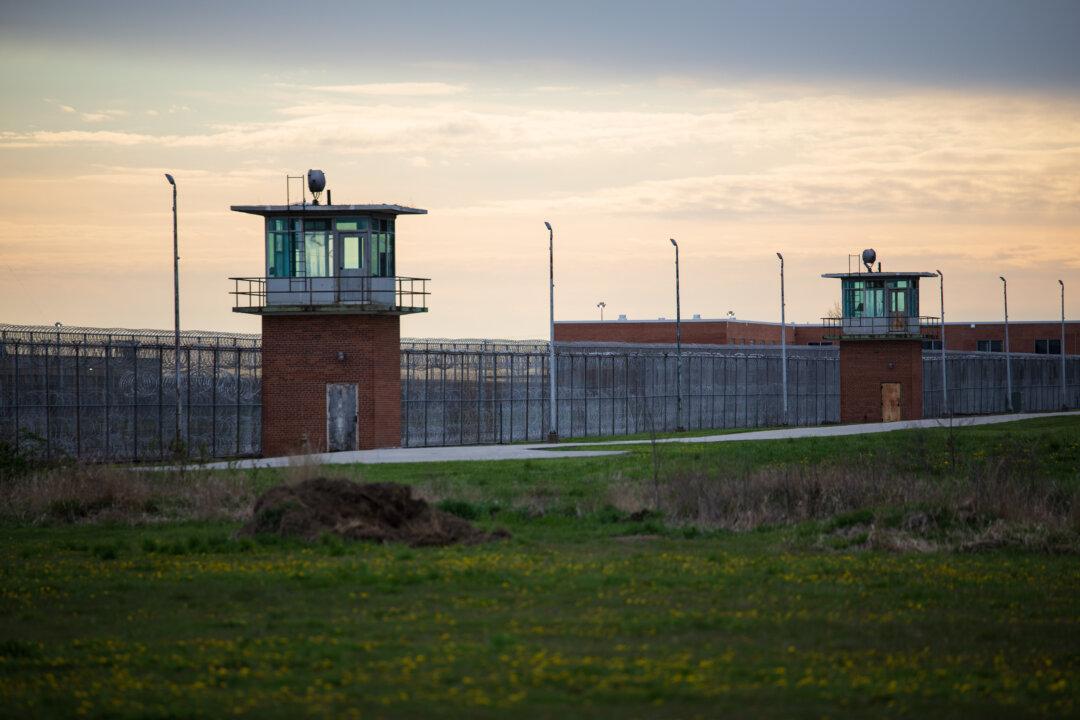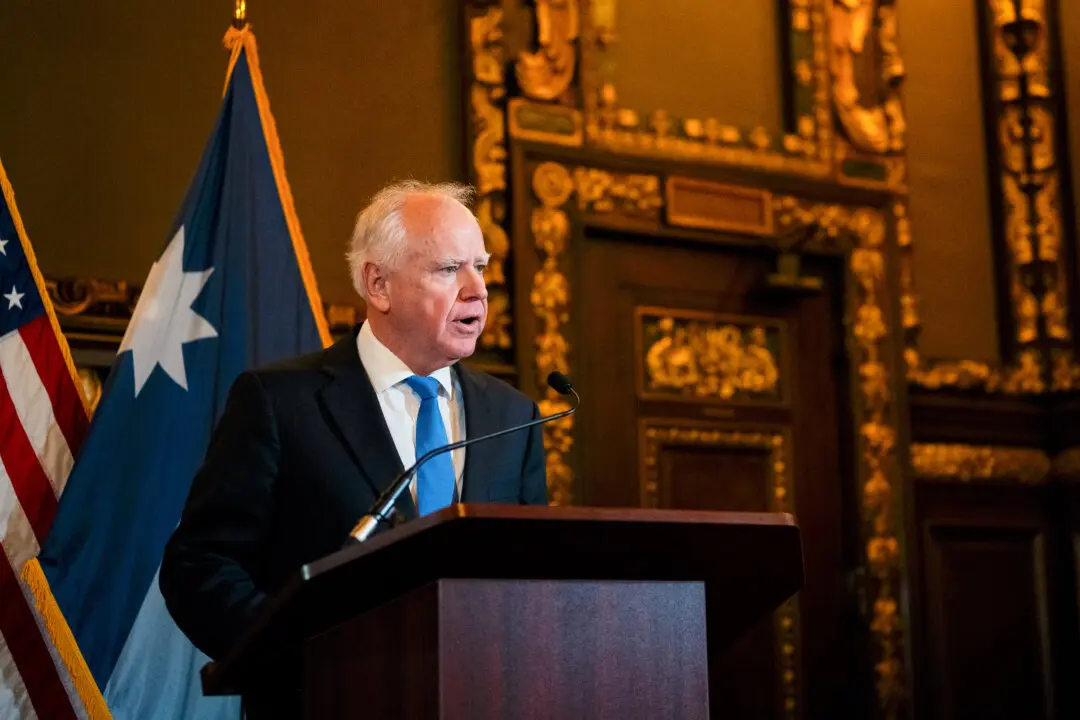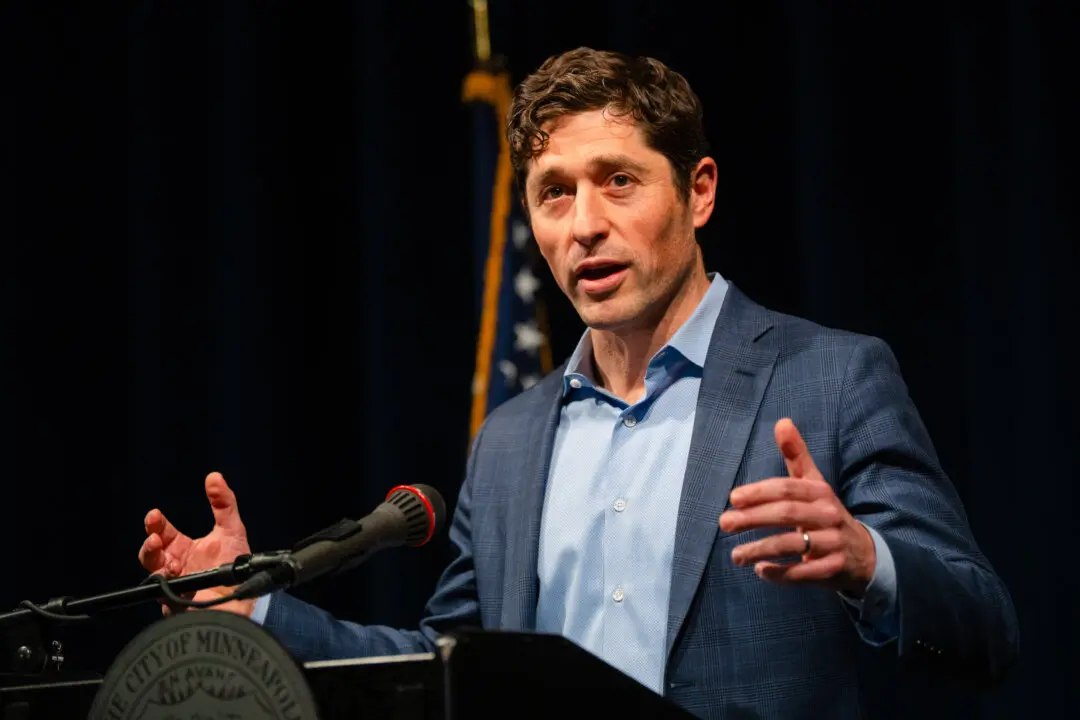An Ohio lawmaker has introduced a bill that would create an Innocence Commission to review claims of wrongful conviction.
The proposal, advanced Oct. 26, seeks to enact a to-do list for a state task force, which spent two years analyzing state and national wrongful convictions.
Supreme Court Chief Justice Maureen O'Connor appointed the group in response to public concerns over a spate of overturned convictions and complaints of actual innocence.





